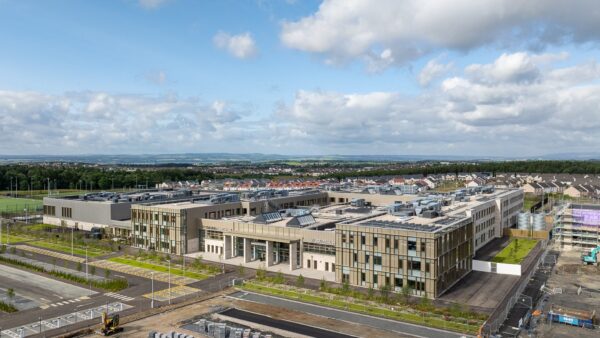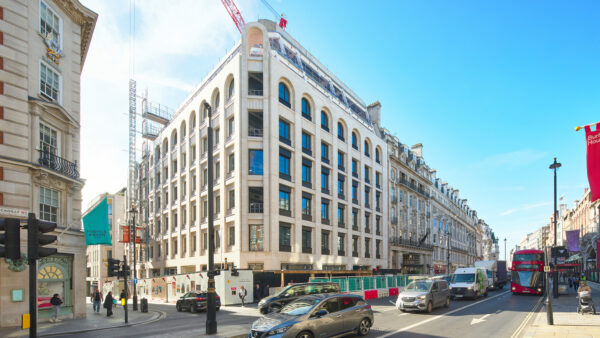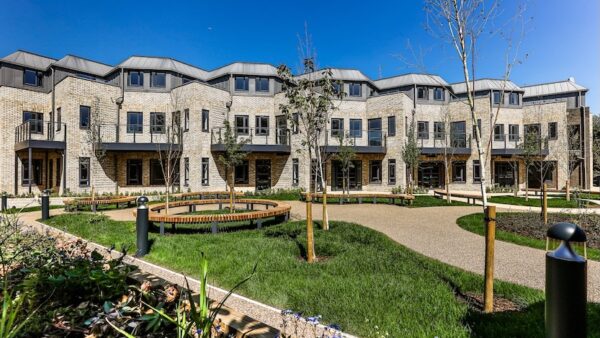Ahead of COP28, Nazar Soofi MCIOB explains how a £40m decarbonisation programme he led at Leeds City Council has set a benchmark for sustainable urban development.
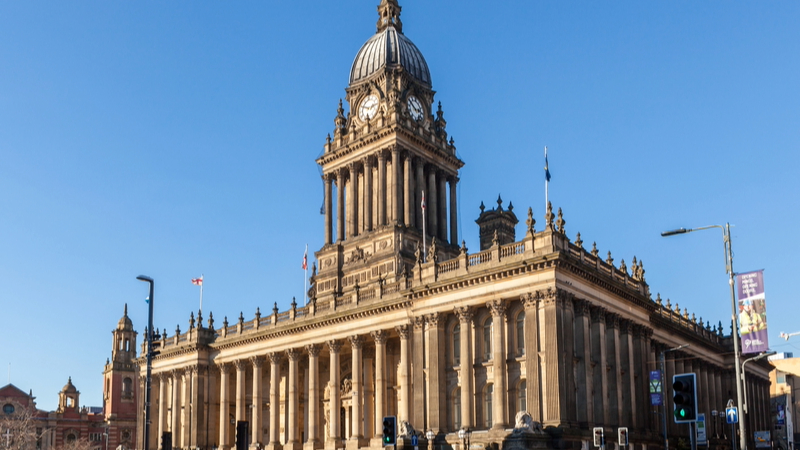
In the global quest for a more sustainable future, reducing carbon emissions stands as a paramount challenge.
Among the cities leading the way in this journey is Leeds, where the City Council’s Climate Energy and Green Spaces team has played an essential role in the decarbonisation of its public sector assets through the Department for Energy Security and Net Zero’s (DESNZ) Public Sector Decarbonisation Scheme (PSDS).
Leeds Council secured over £40m in funding through the PSDS, which proved a game-changer towards making the city more sustainable and carbon neutral.
The Public Sector Decarbonisation Scheme
Launched in 2020 by the Department for Business, Energy and Industrial Strategy and delivered by Salix, a government-owned non-departmental public body.
Successful applicants were required to replace specified end-of-life fossil fuel systems over 10 years old with modern zero-carbon heating systems.
Projects had to be completed from inception to implementation within a 12-month period.
Funding also needed a minimum of 12% match funding by the client team for each successful application.
A £25m transformation
In the PSDS initial phase, Leeds City Council secured £25m in funding to transform nearly 40 sites in just one year. This phase focused on upgrading a variety of public sector buildings, including schools, care homes, museums, libraries, galleries and operational council buildings.
The cornerstone of this transformation was the implementation of heat networks, heat pumps and solar photovoltaic (PV) systems in key buildings.
These technologies not only reduced carbon emissions, but also energy costs, offering important savings in the current cost-of-living crisis. Crucial control system upgrades and fabric improvements were also undertaken to ensure the efficient operation of these newly upgraded facilities.
Leeds Town Hall, Civic Hall, City Museum and Central Library were among the six properties benefitting from the household waste-powered district heating network. Thousands of LED light bulbs were also installed in 15 buildings in the city.
Construction delivery workshops were held at key stages of the project to align milestones and key performance indicators for each stakeholder, establishing a clear understanding of the critical path for each site.
Going further
The success of phase one set the stage for even more ambitious plans. Leeds City Council’s Decarbonisation Team secured an additional £6m in PSDS phase 3A and an additional £11m in phase 3B (the council didn’t apply for phase two of PSDS).
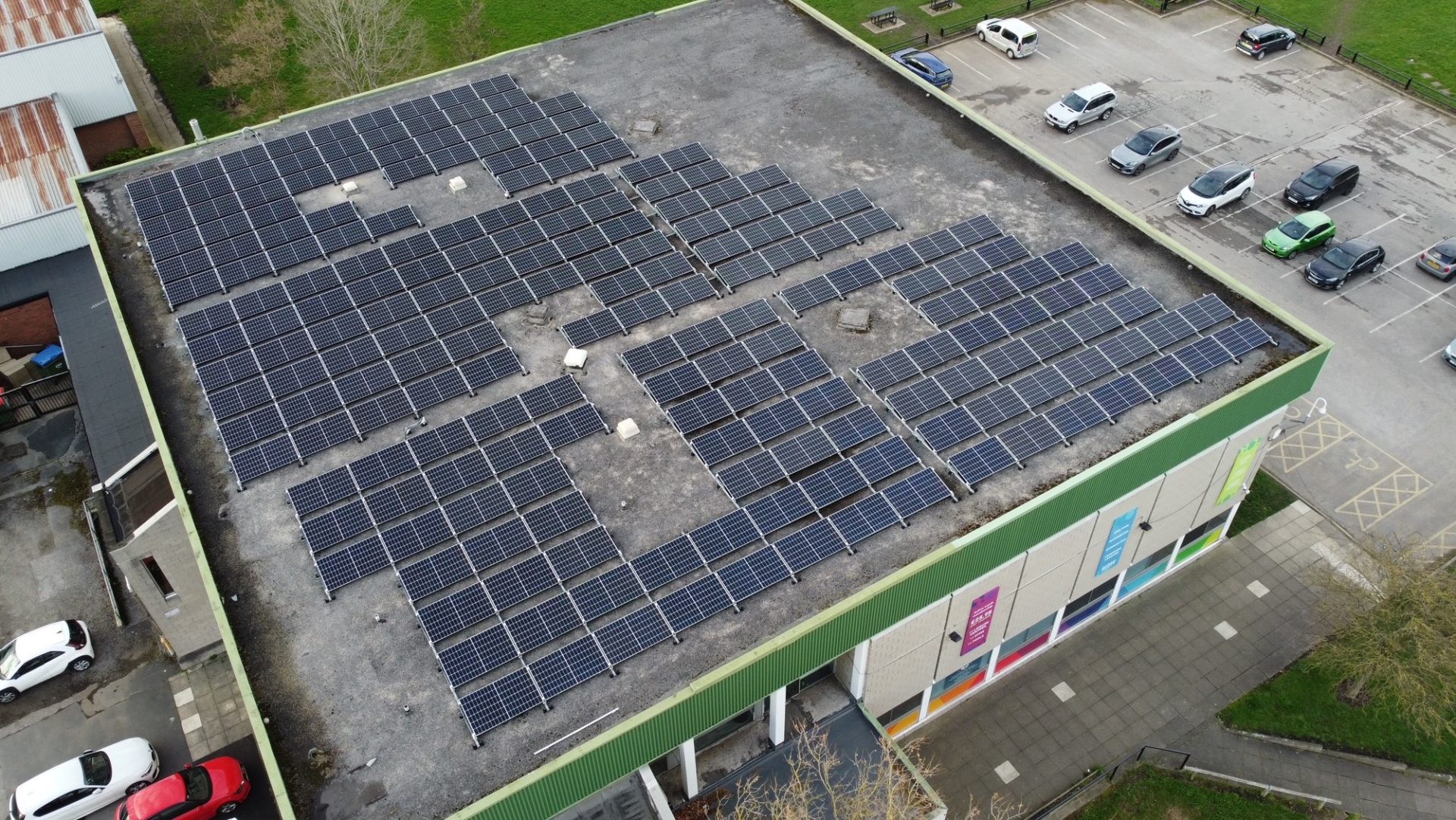
During these phases, Leeds continued to invest in state-of-the-art technologies and sustainable practices. Building on the foundation laid in phase one, further decarbonisation upgrades were initiated across the public sector.
The focus remained on the removal of fossil fuel from public sector buildings, with an emphasis on reducing the carbon footprint of key institutions.
Results and impact
The investments made in heat networks, heat pumps, solar PV, control upgrades and fabric improvements by Leeds City Council have yielded substantial carbon emissions reductions. These initiatives have helped mitigate climate change and set an example for other cities to follow.

The positive impact of these projects extends beyond the environment. The substantial energy cost savings have allowed for the allocation of resources to other critical public services. Moreover, improved energy efficiency has led to a more comfortable and sustainable environment within public sector buildings, benefiting both employees and the general public.
Looking ahead
Leeds City Council’s success in the PSDS programme is a testament to the dedication and expertise of its leadership. This commitment to decarbonising the public sector plays an essential role in supporting the government’s drive toward net zero.
The team is currently working on the next bid for PSDS (phase 3C), to be announced in 2024. This complements other net zero initiatives to support the Council’s ambition to become net zero by 2030.
Through these efforts, Leeds is not only safeguarding the environment but also ensuring a brighter, more sustainable future for its residents and generations to come.
Nazar Soofi MCIOB is head of decarbonisation and planned maintenance at Leeds City Council.



